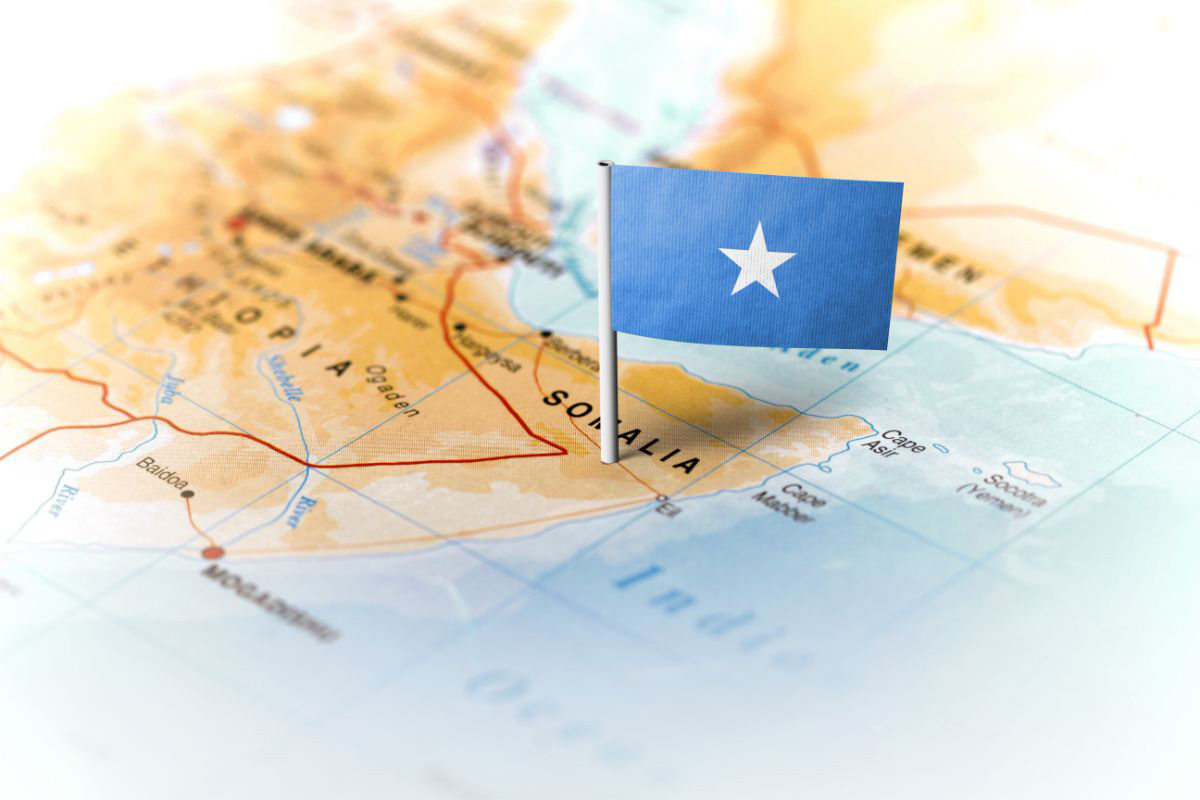Somalia joins the East African Community: A step towards enhanced regional integration
January 5by Duncan Gaswaga
In a significant move towards regional integration, Somalia has recently joined the East African Community (EAC), following in the footsteps of the Democratic Republic of Congo (DRC), which joined the community in 2022. The decision to admit Somalia to the community was made at the 23rd East African Community Heads of State Summit in Arusha, Tanzania on 24th November, 2023.
The treaty of accession was signed on 15th December, 2023 by Somalia’s President Sheikh Hassan Mohamud and the current chairperson of EAC Heads of State, H.E. Salva Kiir of the Republic of South Sudan. The ceremony was witnessed by H.E. Yoweri Kaguta Museveni as well as EAC Secretary General, Hon Peter Mutuku Mathuki, among other dignitaries.
Joining the EAC opens doors to a larger market for Somali goods and services. Reduced trade barriers and increased regional cooperation could boost Somalia’s economy, promoting trade and investment across member states. It also offers Somalia opportunities for political stability, increased infrastructure development and cultural exchange.
HOPES FOR FEDERALISATION
Beyond individual member states, there is a growing aspiration to federalize the East African Community into a single state. Advocates argue that a united East Africa could harness collective strengths, streamline governance, and enhance regional influence on the global stage.
Unified Economic Policies
A federalized EAC could implement uniform economic policies, creating a more cohesive and resilient economic bloc. This would simplify trade regulations, currency frameworks, and investment standards, fostering a more attractive business environment.
Political Integration
Federalization could lead to a common political structure, allowing for shared decision-making and stronger regional governance. A unified political entity could respond more effectively to regional challenges and promote a stronger collective voice in international affairs.
Enhanced Security Cooperation
A federal East African state could coordinate security efforts more efficiently, addressing common threats and challenges collectively. This includes joint initiatives to combat terrorism, piracy, and other transitional issues affecting the regional.
Somalia’s entry into the East African Community marks a significant step towards regional integration. As member states continue to collaborate, the EAC’s journey towards deeper integration and collective prosperity remains a beacon of hope for the region.
Other partner states in the East African community are the Republic of Burundi, Democratic Republic of Congo, Republic of Kenya, Republic of South Sudan, Republic of Uganda, and the United Republic of Tanzania.






